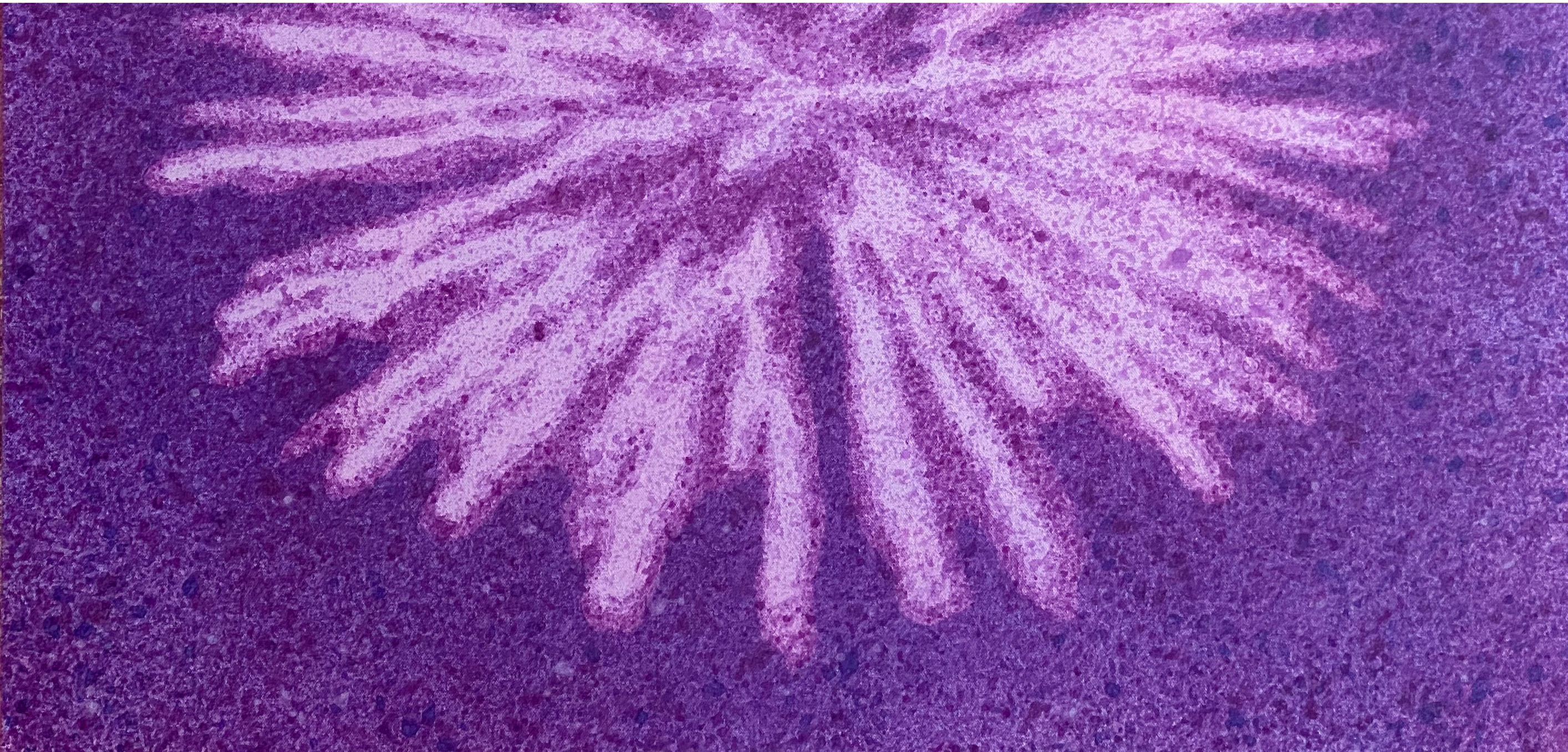
I work on the ontological, ethical, and political dimensions of emotions, sensations, and desire. My recent writing focuses on experiences of touch: the way we come into touch with each other, with the world, and with ourselves. I’m interested in how we grasp and fail to grasp our selves (as self) and concepts (as concepts in their materiality and historicity) through touch. I’m equally interested in touch as a site of contradiction and crisis. The crisis of touch ranges from ethical ambiguities surrounding sexual intimacy, to clashes between experiences of pleasure and cultural norms, to the politics of restrictions on touch during the age of a pandemic.
I am Assistant Professor of Metaphysics and Philosophical Anthropology at Radboud University in the Netherlands. During the summers I’m primarily based in New York City. I previously taught philosophy at Columbia University and the University of Hamburg.
My training is in the Ljubljana School of Psychoanalysis, which I studied in Slovenia as a U.S. Fulbright scholar in 2014-15. The Ljubljana School draws on German idealism, Marxism, and psychoanalysis to analyze the structure of desire on the catastrophic stage of late global capitalism. I explore this theme through a dark comic lens in my book, Hegel, Marx, and the Laughing Matter of Spirit (Northwestern University Press, 2025). This work employs Hegel’s theatrical and historical categories of tragedy and comedy to analyze “failed” political movements stretching from the Young Hegelians to twenty-first-century protests against discrimination and disparity. Hegel, Marx, and the Laughing Matter of Spirit combats political nihilism by identifying social change despite the perception that history tragically repeats itself.
After obtaining my PhD in Philosophy from Villanova University (2016), I developed a research initiative called “Haptic Skepticism” at the Maimonides Center for Advanced Studies at the University of Hamburg and through an ICI Berlin fellowship. This project traces the theme of touch in ancient skepticism, German idealism, phenomenology, and psychoanalysis: schools of thought that describe the paradox of sensual and affective experience, while calling into question what we can know through touch and about touch. I draw on these movements to propose a queer, feminist ethics of touching that stresses the value of doubt and uncertainty for mutually transformative relationships. My ethical approach is aligned with aesthetics rather than epistemology, sensation (and hesitation) rather than certainty.
One of my articles, “Fantasies of Forgetting Our Mother Tongue,” on touch, language, and the disorientation of desire in the work of Augustine, Marx, and Derrida was awarded “2018 Best Submission by a Junior Scholar” by the Society of Phenomenology and Existential Philosophy. You may also download a collection of essays from our collaboration: A Touch of Doubt: On Haptic Scepticism (De Gruyter, 2020). My individual and collaborative research on Haptic Skepticism was supported by the Deutsche Forschungsgemeinschaft — Project on Jewish Scepticism, The Slovenian Research Council, and The Humanities and Social Change International Foundation.
email: rachel.aumiller@ru.nl
Musical counterparts to my philosophy.
